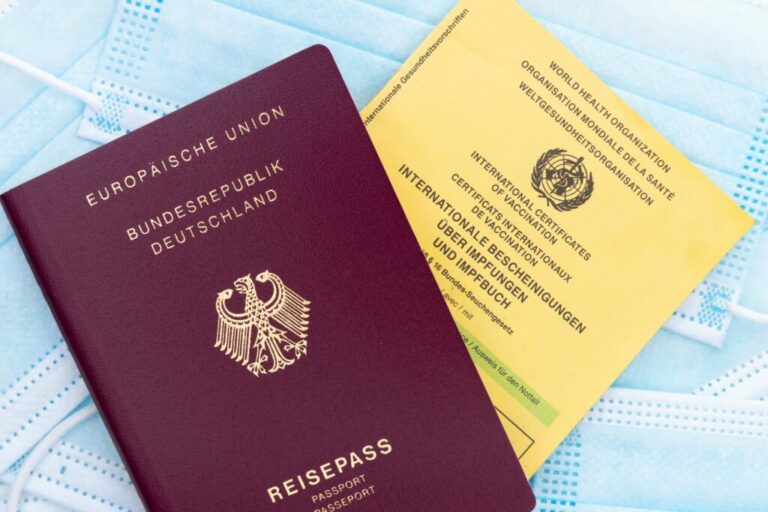Salam,
schön, dass du da bist!
Wenn du den vollständigen Artikel lesen möchtest, melde dich hier kostenlos im Online-Magazin an: Einloggen.
Wenn du noch nicht angemeldet bist, kannst du dich hier kostenlos neu registrieren:Kostenlos registrieren.
Neben unseren Online-Artikeln erhältst du dann zusätzlich alle zwei Wochen den kohero-Newsletter mit spannenden Texten, Interviews und Hinweisen zu unseren Workshops und Veranstaltungen. Viel Freude beim Lesen!
Wenn du Fragen hast oder Hilfe bei der Anmeldung brauchst, melde dich per Mail an team@ kohero-magazin.de.
Shukran und Danke!
Deine kohero-Redaktion







